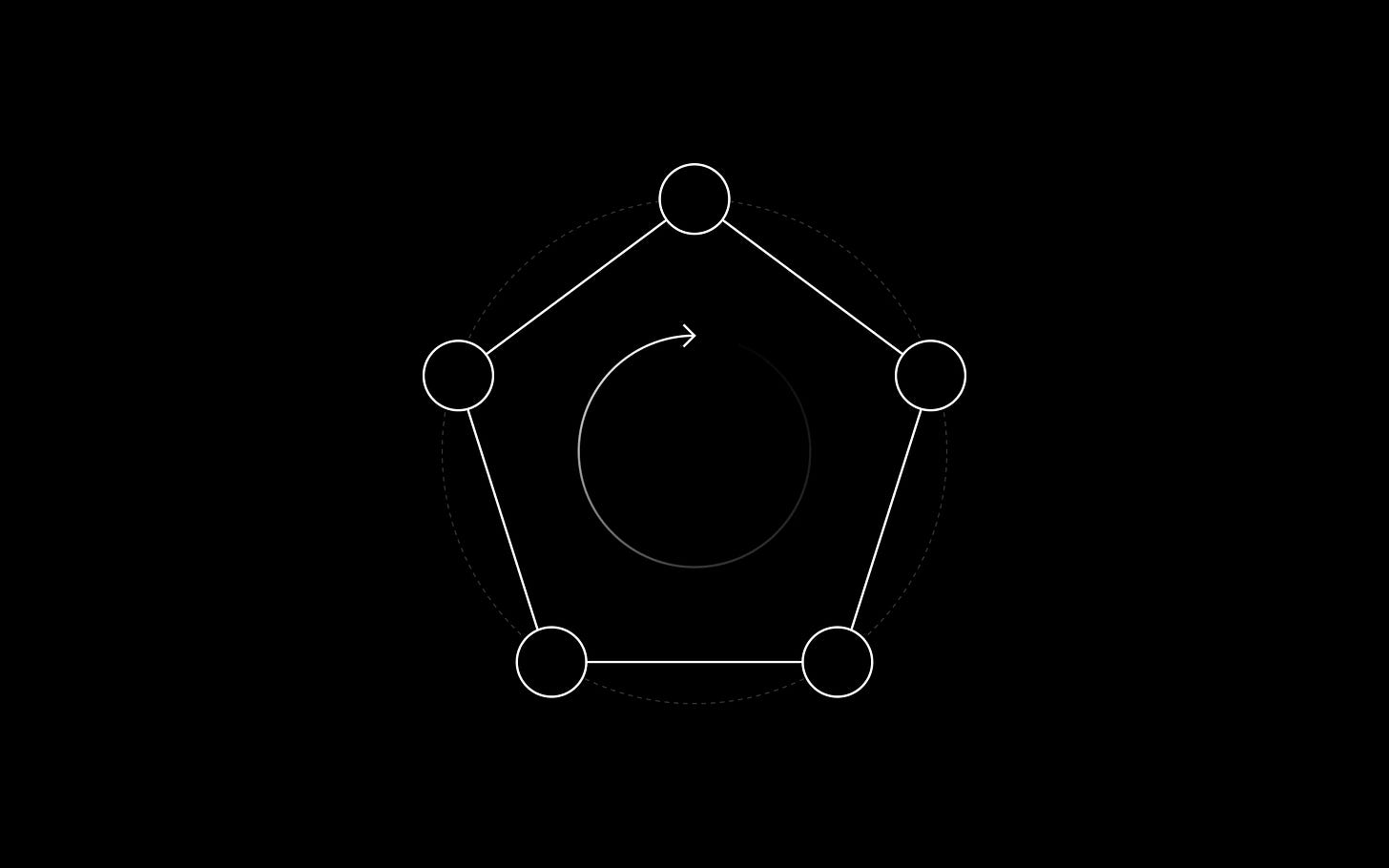Freelancing requires a mindset shift
Not everyone is going to need your services as a freelancer. It is the goal of your marketing and sales efforts to identify potential customers who have problems that you can resolve.
Not everyone is going to need your services as a freelancer. It is the goal of your marketing and sales efforts to identify potential customers who have problems that you can resolve.
Instead, you should listen to potential customers, identify their problems, and then, as needed, propose a solution.
For example, I won't re-design a landing page for someone with 10 visitors per day on their website. Low volume is their issue. We won't collaborate because I can't make the landing page convert better with better design.
Many freelancers are unaware that when the client interviews you – you are also interviewing them.
This is an absolutely crucial mindset shift. It prevents your potential client from taking control of you and gives you the power to impact the final decision.
You are not a salesperson, you are not requesting a favor, and you are not subordinate to them in the organizational structure of the business. Instead, you are having a conversation about something you are very familiar with.
In connection with that, you must approach every interaction with an attitude of abundance. A freelancer with a scarcity mentality will never be successful. If your clients sense your desperation, they may demand compromises, request free labor, treat you poorly, or even decide not to hire you at all. Even if you aren't yet experiencing abundant results, you must think and act abundantly.
Keep in mind that you attract what you are. You will attract cheap clients if you are in a desperate situation and willing to work for little pay. You will draw clients who are willing to spend money if you deliver excellent work and demand excellent compensation.
My two favorite mindset changes for independent contractors are to qualify clients and to be abundant. Here are some more excellent examples.
Play the long game
Consider the long-term effects of your decisions.
Never be rude to anyone
Always provide a high-quality product
Avoid taking shortcuts that will cost you money, and
Concentrate on developing your skills
Protecting your reputation is important, so act morally. You want each former client to believe that you set reasonable expectations for them and met them. Remember — scammers are quickly exposed.
Rejection is good
Every email would result in a call, and every call would result in a deal in an ideal world. The world in which we live is not ideal. The majority of people will ignore you. Some people will answer a call before passing. Some may even penalize you. It's okay. Rejection is proof that you're making an effort.
You'll become better and succeed sooner if you try more. An old sales trick involves managers rewarding the person who receives 10 "no's" the quickest. As a salesperson, you obviously don't want to hear "no," but this exercise helps salespeople overcome their fear of rejection.
Get patient
You won't suddenly become successful or "make it" in life. The timeframe of 6 to 12 months is more reasonable. You need to acquire the skill, become proficient in it, acquire the first few clients and testimonials, improve your sales calls, improve your outreach, and more.
All of this is absolutely worthwhile, but it isn't simple. Don't expect quick results, don't listen to those who tell you that you should, and don't feel inferior to others when you scroll through social media and see their success. You should only be thinking about how you're progressing. Take things gradually.
Go deep
One of the biggest mistakes that freelancers make is attempting to please everyone. They believe that by channeling a larger audience, they will be more successful in finding clients. The opposite is actually true.
Generalists will find it difficult to land clients, whereas specialists will find it much easier. Instead of concentrating on a large audience and numerous offers, you will do much better if you concentrate on just one audience and one offer.
In the end, the journey begins with learning your craft, practicing it diligently, and eventually becoming at least competent in it. Once there, you will be far superior to the vast majority of freelancers who, despite their success, frequently lack knowledge.
You shouldn't act like a salesperson pitching a product and hoping for a chance because you are better than them in this particular area and on the whole. Instead, you act more like a skilled doctor by asking questions, gaining understanding, and then, if necessary, suggesting a solution.
Conclusion
There are many more mindset shifts that freelancing will require you to do. Here are a few more of my favorites:
Time spent on a task doesn't necessarily equal value created
You should only work for free for yourself
Work hard. Then work smart. Then work fast
Money means nothing without the freedom
Selling isn't scary
A flexible schedule can lead to overworking
Marketing makes everything easier
You have a personal brand, whether you like it or not
Your friends are not your competitors


